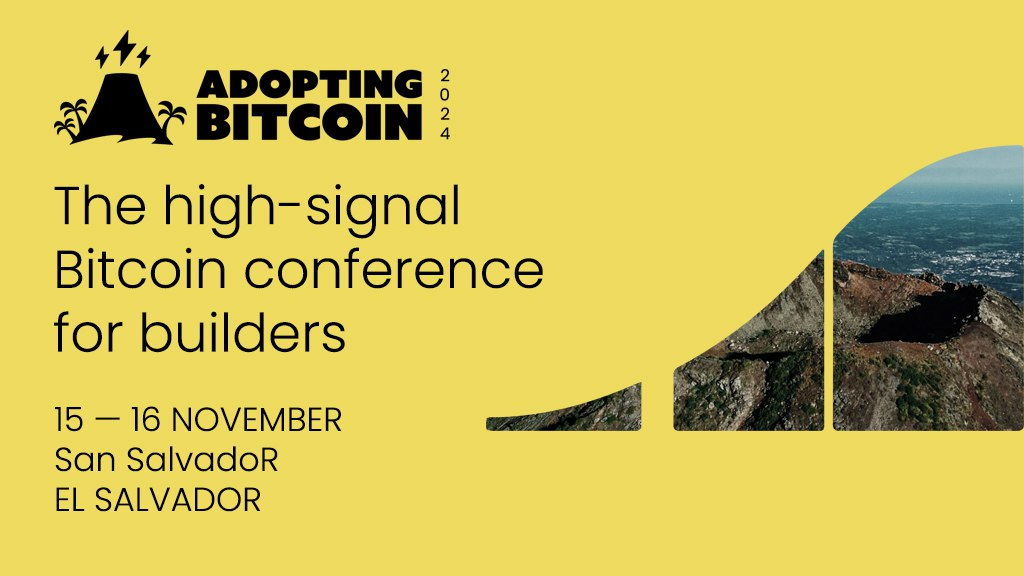
Covert operations may be in play to suppress national Bitcoin adoption, with international financial institutions like the IMF and World Bank acting as key players in maintaining traditional financial systems.
In a recent tweet reacting to the IMF’s ongoing discussions with El Salvador regarding its Bitcoin law, Jan3 CEO Samson Mo pointed to what he called “covert operations” aimed at undermining the broader adoption of Bitcoin by national governments. Specifically, Mow highlighted an experience with Suriname, a small nation in South America, whose central bank had considered adding Bitcoin to its reserves before a visit from the World Bank seemingly halted progress.
Mow wrote: “After seeing this sort of overt anti-Bitcoin pressure being exerted on El Salvador, you should understand that there are covert operations to subvert nation-state Bitcoin adoption too.”
He further stated that after initial progress in discussions to add Bitcoin to Suriname’s reserves, a visit from the World Bank led to “radio silence.”
After seeing this sort of overt anti-Bitcoin pressure being exerted on El Salvador, you should understand that there are covert operations to subvert nation-state #Bitcoin adoption too.
As an example, @JAN3com made headway on discussions to have the Central Bank of Suriname add… https://t.co/HSyv6blLMi
— Samson Mow (@Excellion) October 4, 2024
Mow’s reaction comes amid heightened scrutiny from the IMF toward El Salvador’s Bitcoin law. The country became the first in the world to adopt Bitcoin as legal tender in September 2021. Despite initial enthusiasm, adoption rates within the country remain low, and international financial institutions have expressed concern over potential financial instability.
At a recent press briefing, Julie Kozack, the IMF’s director of communications, reiterated the organization’s recommendation that El Salvador “narrow the scope” of its Bitcoin law and limit the public sector’s exposure to the cryptocurrency.
“Addressing risks arising from Bitcoin is a key element of these discussions,” Kozack said.

The IMF has been in ongoing talks with the Salvadoran authorities about a broader agreement to stabilize the country’s economy. While the Salvadoran government has acknowledged some of the risks associated with Bitcoin, President Nayib Bukele has remained committed to Bitcoin, describing it as a “net positive” for the country despite a somewhat limited domestic adoption.
Mow also framed the World Bank’s involvement as part of a larger strategy by international financial institutions to keep the “Global South” indebted and reliant on traditional financial systems.
“Simply put, the loan sharks need to keep the global south in debt. However, #Bitcoin will fix this,” Mow wrote.
